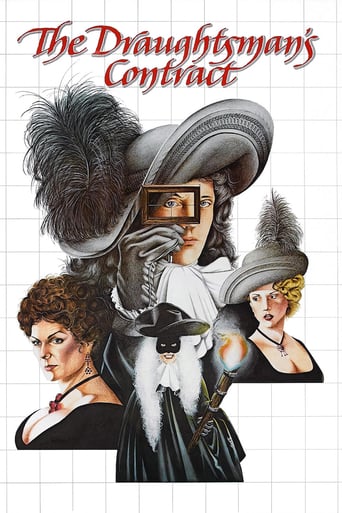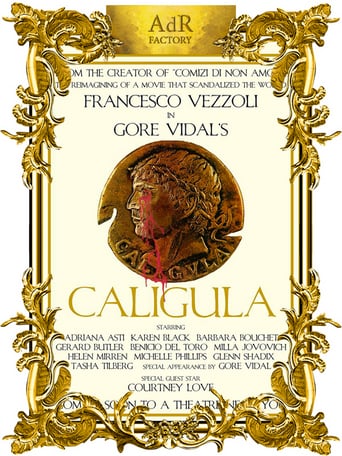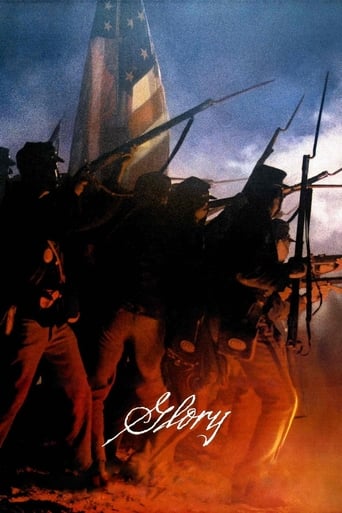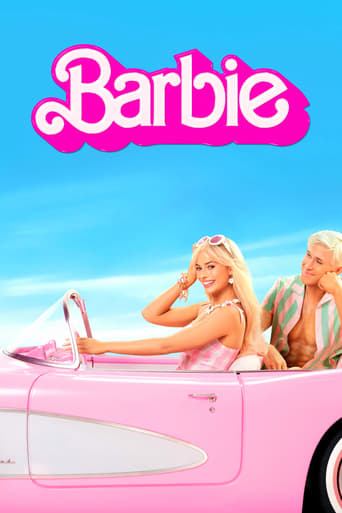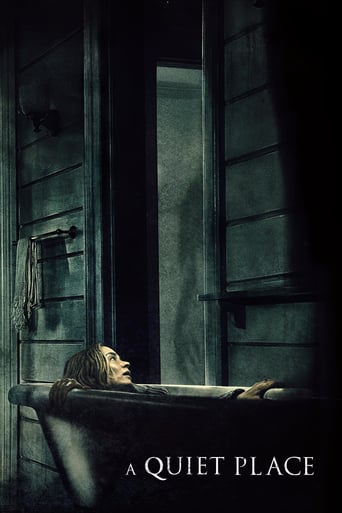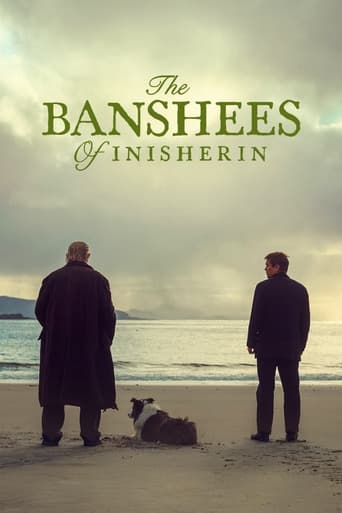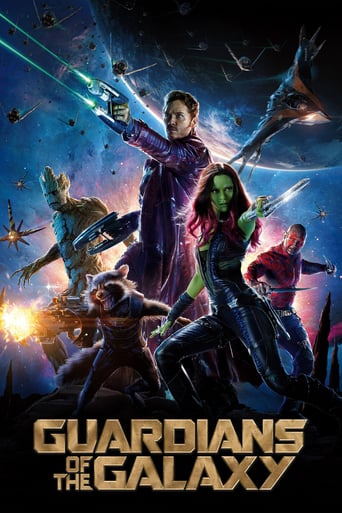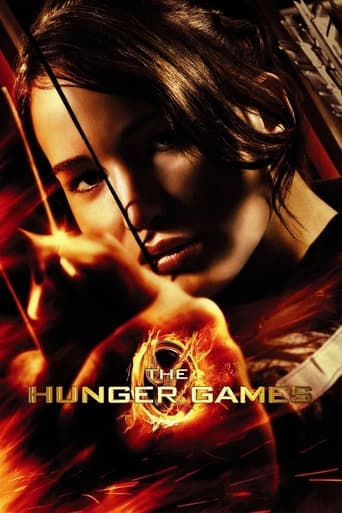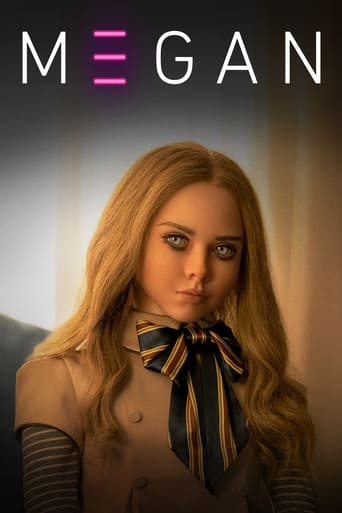


Aria
Ten short pieces directed by ten different directors, including Ken Russell, Jean-Luc Godard, Robert Altman, Bruce Beresford, and Nicolas Roeg. Each short uses an aria as soundtrack/sound, and is an interpretation of the particular aria.
-
- Cast:
- John Hurt , Theresa Russell , Sophie Ward , Buck Henry , Beverly D'Angelo , Anita Morris , Gary Kasper


Similar titles
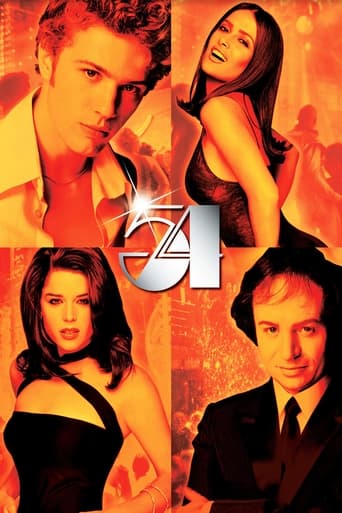
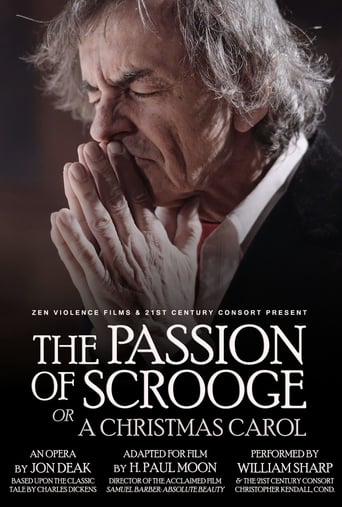
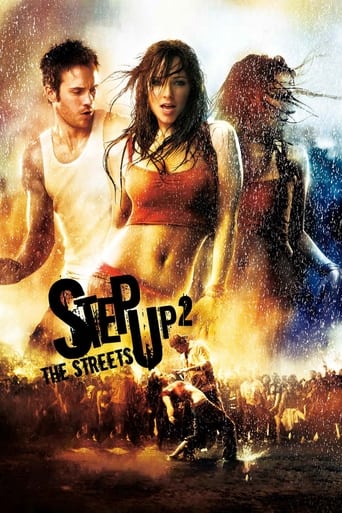
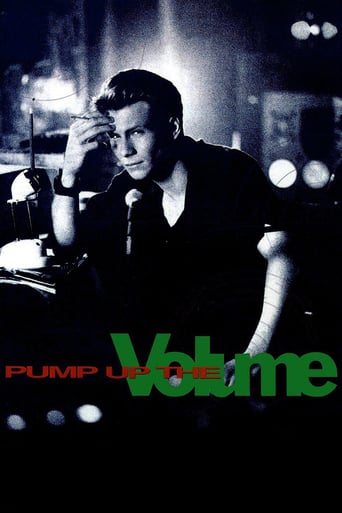
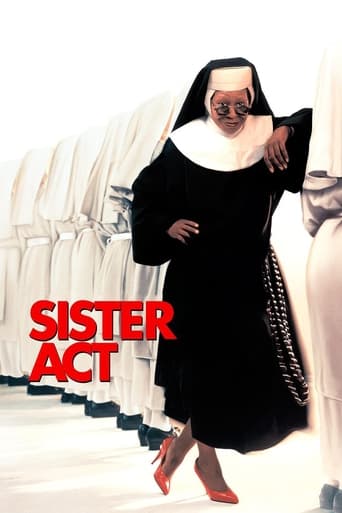
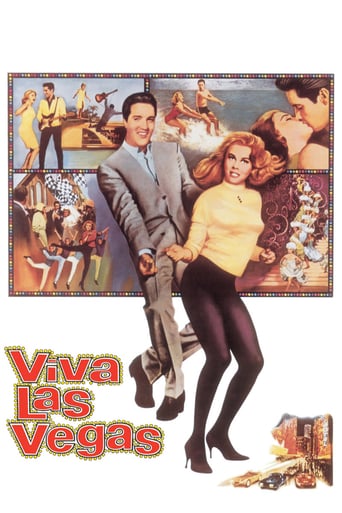
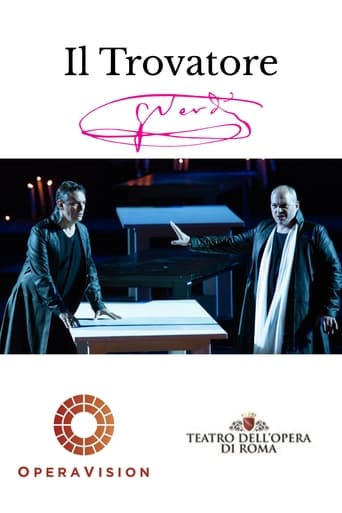
Reviews
It's fun, it's light, [but] it has a hard time when its tries to get heavy.
This movie was so-so. It had it's moments, but wasn't the greatest.
Excellent and certainly provocative... If nothing else, the film is a real conversation starter.
The thing I enjoyed most about the film is the fact that it doesn't shy away from being a super-sized-cliche;
I saw this film when it first came out in the theaters and a recent viewing on DVD only confirms my initial opinion that it's a masterpiece, though a flawed one. So I've been baffled by the abuse heaped upon it over the years by critics and viewers and decided to finally air my own thoughts and what I feel may be the reasons for said abuselMy take on this film differs from others. First, I'm convinced that in order to fully appreciate it you have not only to love opera but see it as something essential to your life. Furthermore, you must also be willing to agree and identify with the viewpoint of the films' creators: that this all-consuming passion with opera places one's estate in today's world in a cultural time warp.Though there aren't many out there who fit this description, I feel it accurately defines the demographic of Aria's audience. I also believe that producer Don Boyd and any others who conceived of the daring idea for this film, and whose job it was to make ten scenes written and directed independently by different people somehow "coalesce," knew exactly what they were doing, even though the project seems occasionally to have gone awry. (The episodes using recordings of Baroque opera, directed by Jean luc Goddard and Robert Atman, though interesting in themselves, are bafflingly out of place)Most of the episodes were cleverly organized to achieve both a cumulative musical effect and further the film's dramatic theme, which is gradually unveiled by the entre'acte activities of the seemingly enigmatic character portrayed by John Hurt who keeps appearing between episodes. A kernel of that theme arrives in the very first episode, a 20th Century reenactment of the assassination of a Swedish king as portrayed in Verdi's "In Ballo Maschera" (playing on the soundtrack). But contrary to Verdi, where a diffident king dies without resistance in the arms of his beloved, and in glorious song, Nicholas Roeg has his protagonist unexpectedly defend himself, shooting all of the would-be assassins dead, and thus confounding his significant other.With the exception of Bruce Beresford's take of "Die Tote Stadt," none of the other episodes are dramatically faithful to their operas. Instead most seem designed to reflect an absurd disparity between the remantic sentiments of dead composers from past centuries playing on the soundtrack and the glaring realities of an every- day world gone mad: homeless children roving the streets; a couple's disastrous attempt to cheat on their spouses at a sex-themed resort; teens slashing their wrists under the neon glitz of Las Vegas, etc.As the episodes progress, the film's concern with death --- grand opera's favorite obsession --- becomes overriding. Also, recorded excerpts of busy operatic ensembles give way in the later episodes to arias sung by a single voice.The penultimate episode, directed by Derek Jarmon, forms arguably the film's dramatic climax. A single, radiant old woman, dressed in a frayed, gossamer stage costume and lit from above, is seen bowing over and over as accolades of flower pedals rain on her from on high. The beatific vision is accompanied by the aria "Depuis le jour" from "Luise," sung by a mellifluous Leontyne Price. The woman personifies opera itself, old and tattered but reveling in her memories, taking one last bow as she bids a splended farewell to her loving and appreciative audience, unseen but undoubtedly as wrinkled and antediluvian as she.And then the final episode, in which John Hurt mimes Leoncavallo's Canio singing "Vesti la giubba." As was the old woman, he too represents opera --- or perhaps the opera-loving audience itself --- over-the-top, pouring his heart out to a single, female audience member in an otherwise empty opera house. Close-ups of the woman reveal her barely concealed scorn for the singer. And when she too leaves, the abandoned man falls dead, the victim of, yes, a "broken heart!" Only a true opera lover could identify with such histrionics.Up to now the music used by each director had been made by recent opera stars in contemporary-sounding recordings: Price, Bergonzi, etc. But perhaps to highlight the theme of opera's passed parade, this final episode is accompanied using Pagliacci's aria sung by Enrico Caruso in a recording made nearly a century ago. Perhaps it is being suggested that the social revelance of opera has in fact died longer ago than even the films creators had imagined!
OK, yes I know I'm a Philistine, and I have no knowledge of, nor love for opera. I readily admit that I might feel differently about this film if I did. But I don't. So, for those of you like me, skip this one unless you want to look at the pretty (sometimes unclothed) girls. For what it's worth, I thought the first segment with Theresa Russell (who I didn't recognize) was the best of the lot.
Definitely worth watching.Ten different directors each present a segment based on their favorite opera aria. You don't need to be an opera lover to watch this film. (Although, of course, if you hate opera, you're really going to have a bad time with this!)Not surprisingly the segments range from brilliant to only fair. Most of the fuss seems to be over Godard's contribution -- whether you think he's brilliant or pretentious, his segment won't change your mind.Some of the pieces have a clear narrative; others are more a montage of connected images.None of the pieces is more than 10 minutes or so; if you're not happy with what's on the screen, wait for the next segment, and think about how much culture you're soaking up.Keep your eyes open for performances by Buck Henry, Beverly D'Angelo, Elizabeth Hurley, Briget Fonda, Tilda Swinton, and John Hurt. (The Buck Henry segment alone is worth the price of admission).
Robert Altman, Nicolas Roeg, John-Luc Goddard--you were expecting a fun film the entire family could enjoy? These and other directors were obviously chosen because they have not followed the mainstream, but created it. For those that complain that they did not adhere to the original story of the opera--How often does the music in a film directly relate to what is going on in the film? It is the mood that counts. This is what I believe the directors of these movies were doing: creating a contemporary mood for old operas. For the most part they succeed wonderfully. With all these operas, who is going to like them all. We could have used more Beverly Sills.Finally, what is art (even opera) without a few naked women?

